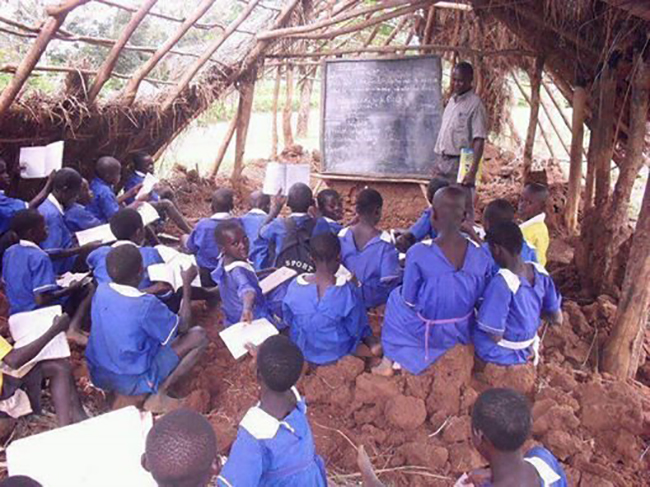The Uganda National Examination Board (UNEB) has Thursday presented the outcomes of the 2023 Primary Leaving Examination (PLE), disclosing a total of 749,254 candidates from 15,859 schools who participated in the examination.
This marked a decline from the previous year, with 501,602 candidates being Universal Primary Education (UPE) beneficiaries and 247,652 being non-UPE candidates.
Gender analysis indicated that 52.25% of the candidates were girls, surpassing boys who accounted for 47.75%.
This trend has been consistent for seven years, signifying an encouraging trend in girls’ completion of the Primary Education cycle.
The Board registered 2,652 learners with Special Needs (SNE), showcasing an 8.7% increase from the previous year. Of the SNE candidates, 1,261 were females, and 1,391 were males, with 995 candidates requiring specialized assistance such as braille, sign language interpreters, transcribers, and physical support.
A detailed analysis of subject performance over a two-year period (2023 and 2022) indicated slight improvements in English, Integrated Science, and Mathematics. However, Social Studies and Religious Education (SST) performance remained comparable to the previous year.
Subject performance by gender revealed cumulative percentages at each pass level. Notably, the results emphasized the need for continued efforts to address disparities and ensure equitable educational outcomes for all.
Boys outperformed girls with 13% of males scoring Division, compared to 9% of females.
A significant concern emerged with a high number of candidates in Division U (88,269 or 10.4%), particularly in districts like Kibuku, Madi Okollo, Dokolo, Kween, and Namisindwa. This raises alarm bells about potential school dropouts, urging authorities to investigate and address underlying causes.
The release of the 2023 PLE results brings attention to gender dynamics, achievements in Special Needs representation, and challenges such as concerns over Division U.
As education stakeholders absorb the outcomes, the focus shifts to strategic interventions aimed at fostering inclusivity and improving educational outcomes nationwide.
